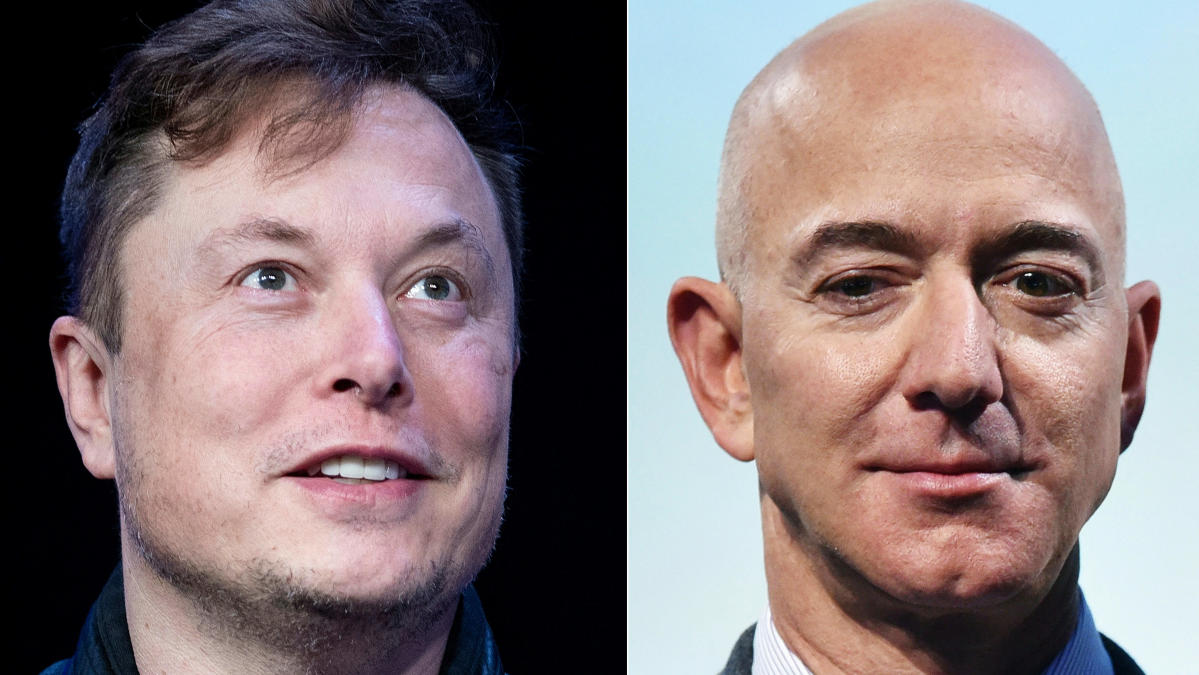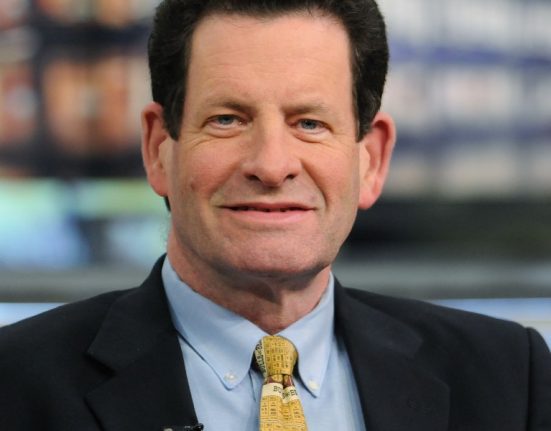Billionaires like Tesla CEO Elon Musk (TSLA) and Amazon founder Jeff Bezos (AMZN) are pouring their cash into exploring space. Space exploration is expensive, labor-intensive, time-consuming, and risky. Nothing is guaranteed.
The Franklin Institute Chief Astronomer Derrick Pitts says it’s “exciting” that private money is flowing into space exploration, but the question remains: How will they make a profit? “Right now, the billions that they are pouring in are going towards building the necessary infrastructure to do the work that has to be done off-planet, in space and that is tremendously difficult,” Pitts explains, adding, “It’s going to take a long time to get to a point where you actually have a process that’s turning a product around that can generate some positive revenue for you.”
One area where investors may see some returns a little sooner, Pitts says, are “the practical technologies that emerge from the development of all the technologies that are being developed to actually build this space infrastructure. What kinds of technologies coming out of this can be used here on Earth?”
Catch up on Yahoo Finance’s special coverage as part of this week’s Space Race: Investing in the Final Frontier series.
For more expert insight and the latest market action, click here to watch this full episode of Catalysts.
This post was written by Stephanie Mikulich.
Video Transcript
Elon Musk, Jeff Bezos and Richard Branson.
These are the billionaires leading the space race, setting lofty goals for themselves and the future of space travel investors are buying in so far.
This year, the space industry is getting $6.5 billion in P investment.
That’s according to space capital.
And this week, Bloomberg reported that spacex is selling shares that value the company at around $210 billion.
But our next guest says it could take generations for the investments to pay off even if they ever do joining us.
Now to discuss, we got de picks pits the Franklin Institute chief astronomer Derek.
It’s great to have you here.
Thanks so much for being here with us.
I I’m interested in your take just on billionaire investment in this space in general.
Given that you are a space expert yourself.
How do you, how do you feel about it?
Well, it’s really exciting that they’re pouring all this cash into expanding our capability to reach low earth orbit and beyond uh with organizations other than the National Space Organizations like NASA or ROS Cosmos of Russia or any of the others.
Uh You know, Ariana Spas of France.
But the issue here is that how is it that they’re going to be able to actually generate some income out of this?
Because right now the billion that they’re pouring in are going towards building the necessary infrastructure to do the work that has to be done off planet in space.
And that is tremendously difficult.
It has very high risk.
It’s going to cost a lot of money and it’s gonna take a long time to get to a point where you actually have a process that’s turning product around that can then just generate some positive revenue for you.
So, Derek for investors there that are looking to see some sort of return and maybe in a more timely fashion, I guess, what do you think in terms of that angle or the catalyst of what is going to change here for investors over the coming months is probably too short of a time frame here in coming years.
What does that then?
What do those investments maybe more accurately look like?
Well, I think those those those investments have to be looking toward uh what are the practical technologies that emerge from the development of all the technologies that are being developed to actually build this space infrastructure?
I mean, what kinds of technologies coming out of this can be used here on earth and driving that kind of development actually is important and can work because as those technologies are built for use and space.
The application that they can have on earth can actually develop an avenue in which those uh investments actually begin to pay off sometime sooner than two or three generations from now.
Throughout the course of your career, Derek, have you seen the kind of combination of the private and public sector have different impacts in terms of how much technological growth there is based on where the investment is coming from versus in each of those.
Well, the interesting thing is that on the public side, the money that’s invested by governments does then turn into technology sharing for the, you know, the rest of the general public or for that nation because in terms of, you know, for NASA at least anyway, techno technology sharing is part and parcel of the investment that our government is making in developing our National Space Program.
But for private industry, what happens on the other side is they now have proprietary right to all of the technology that they develop.
So in one sense, we have easier access to those technologies through the private uh through the public sector, the national Space organizations than we do through the private sector.







